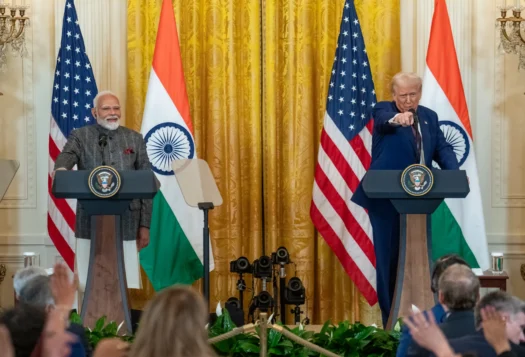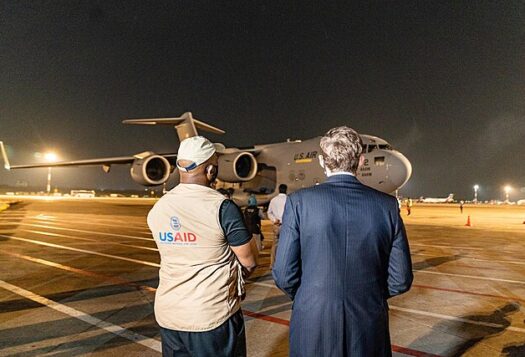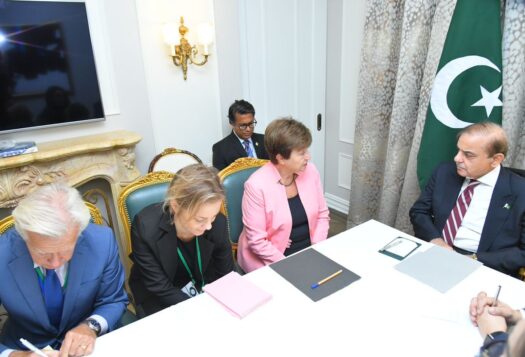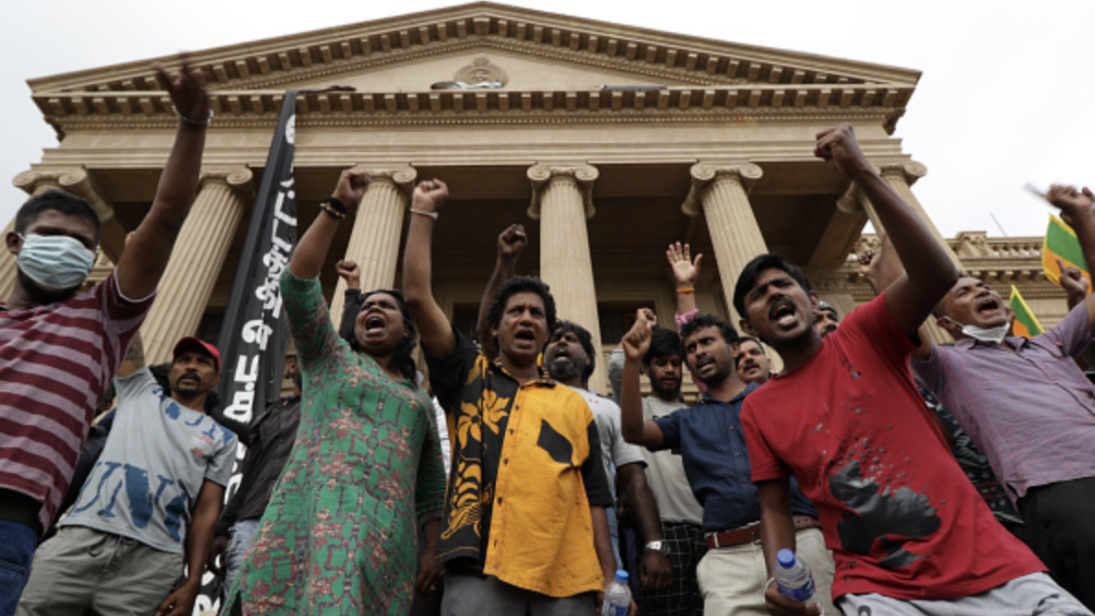
Sri Lanka faced an unprecedented economic and political crisis throughout 2022. There have been visible signs of the turmoil: vehicle lines stretched for up to three kilometers in front of fuel stations for as many as five days, accompanied by power cuts of up to 13 hours a day, and mass protests that brought tens of thousands of people onto the streets. These realities were consequences of major policy errors that followed years of excessive international borrowings and government overspending that have now severely impacted the daily lives of average Sri Lankans.
The first of these errors was government’s decision to reduce taxes on high-income and corporate earnings in November 2019 in a bid to boost investment, which depleted the treasury. This move failed due to the onset of the COVID-19 pandemic, which shut down the country four months later. The second mistake was the overnight decision to shift to 100 percent organic agriculture and ban the use of chemical fertilizers in mid-2021, which led to agriculture yields falling by over half. The third mistake was delaying going to the IMF and, instead, trying to obtain bilateral funding. This culminated in the government defaulting on its international sovereign bond obligations in April. Consequently, the World Bank has warned that the Sri Lankan economy could shrink by 9.2 percent this year.
The mass public protests, known as the “Aragalaya” (struggle), commenced in April and united people in their goal to see governmental change. In a dramatic turn of events, the protest movement led to the resignation of then-Prime Minister Mahinda Rajapaksa, the cabinet of ministers on May 9, and President Gotabaya Rajapaksa on July 9. Despite Parliament’s election of Ranil Wickremesinghe as Sri Lanka’s new president following constitutional procedure, his new government has still faced questions of political legitimacy.
Continuing Protests
The protest movement demands fresh elections. President Wickremesinghe’s government has aimed to stabilize the country both politically and economically without going to elections, as both the terms of the president and parliament have two more years remaining. The new government has politically neutralized the protest movement by arresting its leaders and using security forces to break up public protests. The criminalization of public protest by the government through laws, such as the Prevention of Terrorism Act, and targeting of protest leaders intends to deter future public protests by unorganized and spontaneous public groups as they occurred earlier in the year. However, small-scale protests continue and could grow in scale as the objective economic conditions of the people worsen.
Despite Parliament’s election of Ranil Wickremesinghe as Sri Lanka’s new president following constitutional procedure, his new government has still faced questions of political legitimacy.
President Wickremesinghe’s willingness to declare a state of national emergency and use the military to suppress any public protests no sooner than he was elected president reflects the pressure he is under. Sri Lanka’s economic situation continues to deteriorate, with inflation reaching 70 percent. While the government expects to obtain IMF support to stabilize the economy, the anticipated IMF bailout package is at risk of indefinite delay. Moreover, debt restructuring negotiations have seen little visible movement.
Sri Lanka’s Way Forward
Sri Lanka’s debt restructuring has been caught in a geopolitical contest with global consequences. Debt restructuring has been stalled because of the different interests of major powers. Sri Lanka is one of the first of over thirty developing countries facing debt problems, including the possibility of default. Western countries are using their influence with the IMF to put pressure on China to restructure its loans. However, China has been less willing to restructure its debt with Sri Lanka as it sees this as a precedent for how it addresses the debt of other countries. The next devaluation of the rupee could see another spike in inflation that will make the cost of living even more unbearable to the public.
Most of the indignation and anger from Sri Lankans lies in their frustration with President Wickremesinghe and government for failing to address the root cause of Sri Lanka’s economic collapse. There continue to be allegations of massive corruption in procuring essential commodities, including gas, coal, and petrol. New infrastructure projects are also reported to be in the pipeline as single source and unsolicited bids. In a path-breaking decision, the Supreme Court granted leave to proceed with several fundamental rights petitions seeking legal action against former Presidents Gotabaya Rajapaksa and Mahinda Rajapaksa, former finance minister Basil Rajapaksa, and others for financial irregularities and mismanagement of the economy.
The IMF made anti-corruption a prerequisite to qualify for a bailout, calling for improving fiscal transparency and public financial management, introducing a stronger anti-corruption legal framework, and conducting an in-depth governance diagnostic. However, many are indignant that President Wickremesinghe and his team have overlooked those in the ruling party who have committed acts of corruption and violence in the past. Instead of accountability, they are seeking plum positions in the government. As a first step in building his credibility, the president should appoint a credible and independent national procurement committee to ensure that major economic contracts go through without corruption.
Post-War Reconciliation
One of the few areas of positive development in an increasingly pessimistic scenario is the progress made on institutions established to promote the reconciliation process. President Wickremesinghe has pledged to fast track the national reconciliation process that focuses on the failure of inclusion of the country’s ethnic and religious minorities which led to decades of discrimination, alienation, and eventually to terrorism and war. The government’s bid to get the post-war reconciliation process back on track has aimed to convince the UN and Western governments it has made genuine progress after an EU parliamentary resolution in June last year threatened economic sanctions against Sri Lanka.
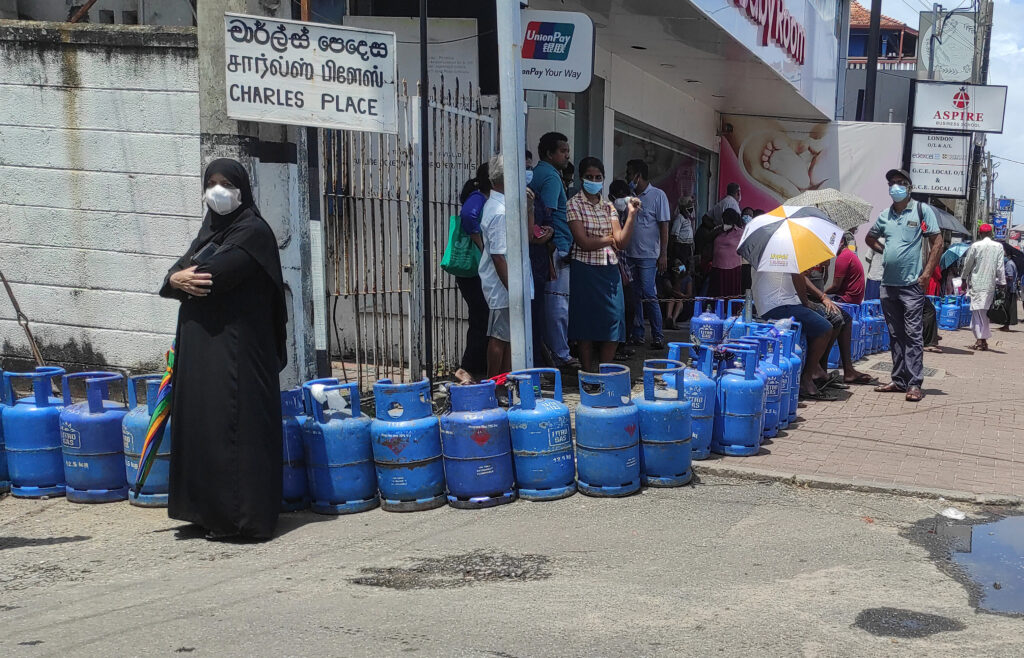
However, Sri Lanka faced its worst ever defeat at the UN Human Rights Council in October on resolutions concerning its conduct during the war and since its end in 2009. Sri Lanka could only muster the votes of seven of the 47 countries at the UNHRC in defending its human rights record. The list of demands placed on the Sri Lankan government by the UNHRC is greater than ever before, most significantly including the addition of economic corruption to the watch list of crimes that are taking place in the country.
There is concern regarding punitive sanctions directed against individuals that allegedly violated international law. Strengthening the UN monitoring mechanism on human rights violations accompanies UNHRC Resolution 51/1 of October 2022, which provides evidence to foreign governments and organizations on using legal concepts of universal jurisdiction. There is growing recognition within the government that the failure to deal with issues internally is inexorably driving international bodies to address these issues outside the country.
The government has planned a longer-term response to the UNHRC through creating a Truth and Reconciliation Commission. Minister of Foreign Affairs, Ali Sabry, has called for a multi-party effort to set up a domestic truth-seeking mechanism that would prevent any external mechanism, such as the one proposed in the recent UNHRC resolution. If the truth commission is in accordance with the UNHRC’s international standards, the reform process will need to include a provision for constitutional reforms that address the causes that led to war in the first place, such as the alienation of the ethnic and religious minorities.
Sri Lanka is at the political crossroads in transitioning to a new government while staying within the constitutional framework.
It was noticeable that the degree of public protest in the North and East of the country, where civil war raged for nearly three decades, was less than in other parts of the country. Ethnic and religious minorities feel that the government has not adequately addressed the issues that have affected them most severely. The practice of democracy needs to be supported by institutions that ensure the inclusion of minorities into processes of decision-making and that pay heed to minority voices. President Wickremesinghe has promised that he will solve problems before the country’s 75th anniversary of independence in February 2023. The hope that the president will make good on his promise has led the main Tamil party, the Tamil National Alliance (TNA), to desist from voting against the government’s economic reform agenda.
Conclusion
Sri Lanka is at the political crossroads in transitioning to a new government while staying within the constitutional framework. On the economic front, the government needs to obtain bridging finance to make necessary imports, such as fuel and food, while restructuring the economy to increase export revenues, obtain new investment projects, and reduce dependence on international loans. However, it is important that the burden of this restructuring does not fall disproportionately on poorer sections of the population, which would lay the ground for political instability in the future and blight the prospects for speedy and sustainable economic recovery.
***
Image 1: Tharaka Basnayaka/NurPhoto via Getty Images
Image 2: AntanO via Wikimedia Commons
